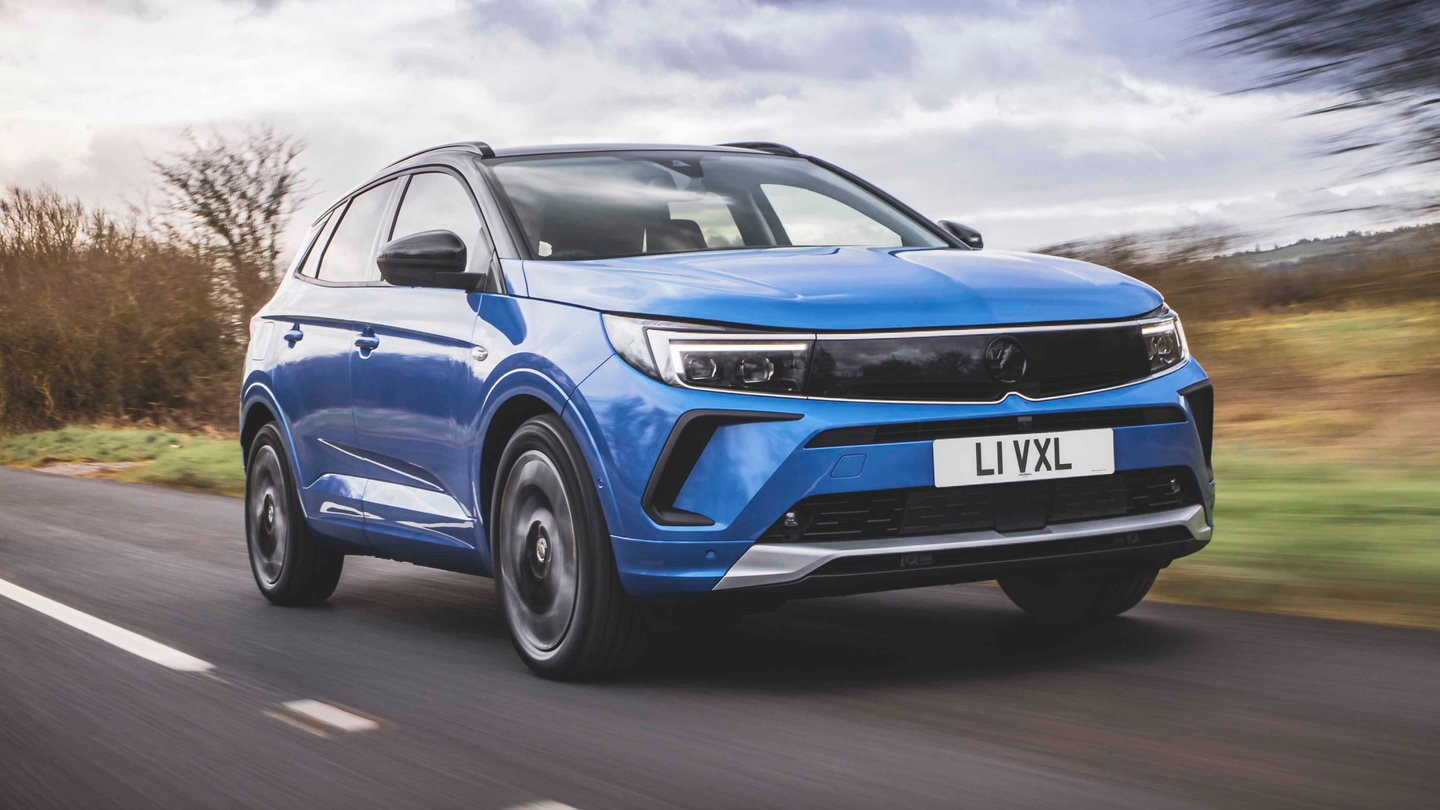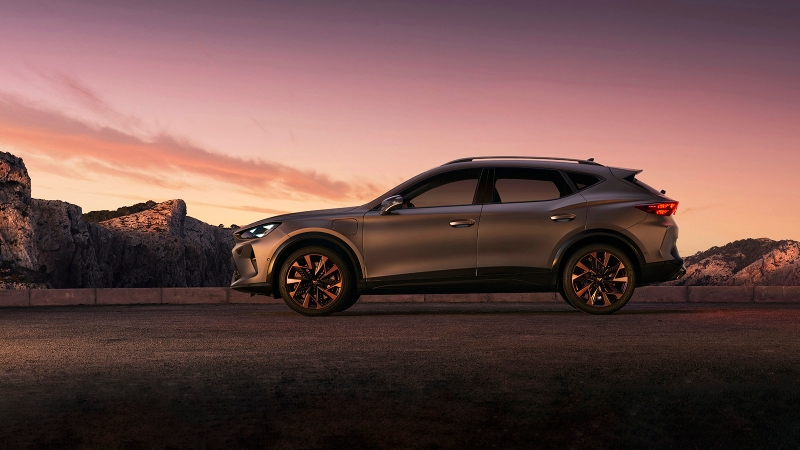
Volkswagen Tiguan engines, driving and performance
Gallery
How does the Volkswagen Tiguan drive?
The Volkswagen Tiguan feels stable and secure from behind the wheel. You wouldn’t call it fun, but the responsiveness and accuracy of the steering make it quite satisfying to drive. It does what you want without washing out or becoming unpredictable, whether that’s on an arrow-straight motorway or on a much more twisty road. Simply, it feels unflappable.
Only under heavy braking can you feel the weight shifting and the car just becoming a little agitated and unsettled. As soon as you return to normal driving, the Tiguan immediately regains its secure, confident aura.
Is the Volkswagen Tiguan comfortable?

The Tiguan is mostly comfortable. It can only do so much over broken road surfaces, and it deals really well with large bumps – you’ll probably hear the impact more than you feel it. But it doesn’t quite settle down over sustained poor surfaces, bucking a little from one bump to the next.
We also found the Tiguan’s noises to be a little jarring – there’s noticeable engine grumble when you accelerate and an ever-present amount of road noise at higher speeds. We’d recommend testing it on a fast road, if you can, and see if the noise bothers you or not.
Some Tiguans are available with an optional DCC (Dynamic Chassis Control) pack. This gives you a bewildering choice of 15 suspension firmness settings, with a noticeable difference between the firmest and softest setups – so you should be able to find your ideal middle ground. It also means you can adjust the firmness while you’re driving, for example if you turn onto a road that’s in significantly worse condition than the one you were just on.
What’s the best Volkswagen Tiguan engine to get?
Most private buyers will be well matched with the standard 1.5-litre petrol engine, which comes as a mild hybrid as standard. The 48-volt electrical system isn’t particularly noticeable – if you have the rev counter displayed on the instrument cluster then you might spot the revs at 0rpm when coasting, meaning the engine is off. You might not even realise it’s working, but it does improve fuel efficiency slightly. Economy in the mid-40s is achievable, so the petrol Tiguan should prove affordable to run for most buyers.
There’s still a diesel engine for high-mileage drivers, even if the familiar 2.0-litre TDI engine doesn’t really move the game on with a 52mpg economy figure.

Company-car buyers and private drivers keen on electrification will gravitate towards the plug-in hybrid. A comparatively large 19.7kWh battery is on hand to provide up to 77 miles of whispery electric driving, and the quoted fuel economy figure stands at 712mpg. Yes, really. Of course, as with any plug-in hybrid, this depends on how often you can drive on battery power.
You’ll want to drive on battery power as often as possible, because the Tiguan doesn’t divvy up its power sources very well. We drove the range-topping 272hp eHybrid – a 204hp version is also available – but it didn’t feel like it had hot hatch power, largely because the petrol engine takes a moment to wake up when you ask for stout acceleration. And then you’re treated to high revs and the engine’s gruff note.
Every Tiguan gets an automatic gearbox, controlled by a stalk on the steering column. Like in VW’s electric cars, you twist the stalk forwards for drive and twist it towards you for reverse. In the Tiguan eHybrid, the amount of regenerative braking can be adjusted in the ‘car’ button at the top of the screen.
Volkswagen Tiguan performance

The 1.5-litre eTSI petrol comes in two power outputs – 130hp and 150hp. We’d recommend opting for the latter if you can stretch to it, as its extra power gets the 0-62mph time done in nine seconds – a whole 1.5 seconds quicker than the 130hp engine. The acceleration in the 150hp version is pleasingly strong, and feels like a good match for the Tiguan without compromising on fuel economy.
R-Line and Black Edition models unlock VW’s often-used 2.0-litre petrol, with either 204hp or 265hp – the latter being the same output as the Golf GTI and Porsche Macan T. Choose this engine and you’ll be able to hit 0-62mph in under six seconds, giving you the ability to put the spookies into some hot hatches and sports cars. The flipside of this engine is a best-case fuel efficiency figure of 33mpg, and there are faster and more exciting SUVs for the same money.
The 150hp diesel engine nearly matches the 150hp petrol’s sprint, but expect it to feel more urgent at lower speeds thanks to more torque. It’ll make getting up to motorway speeds effortless. With a combination of petrol and electric power, the eHybrid is the quickest off the line, taking 8.2 seconds to get up to 62mph.























































